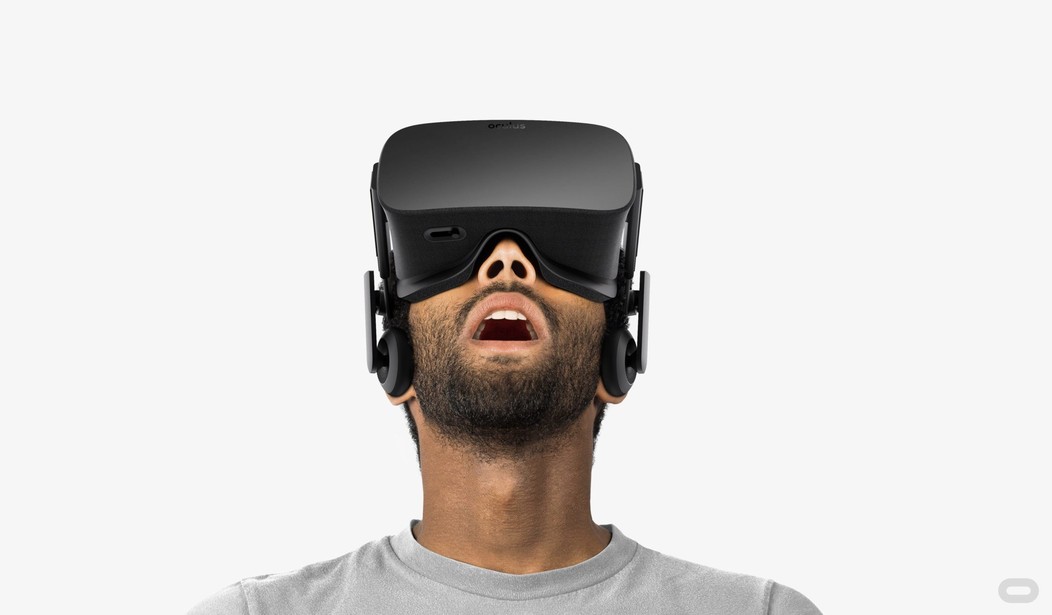It seems that every year brings new technology, so it is often hard to keep up with it all. We are only a few days into 2016 and it seems this year will be no different. Here are some tech trends to look out for:
1. Virtual reality (VR) is starting to become a real and viable technology. Over the past year or so we have seen a number of companies invest in VR technology. For example, Facebook purchased VR pioneer Oculus Rift and Microsoft announced its HoloLens project. Both are really cool and impressive technologies. However, in both cases, the public really hasn’t been given much of a long term vision. One can image all kinds of uses, from engineering to education to entertainment. The question will remain in 2016 whether or not VR will find useful applications beyond just neat tricks. Oculus Rift has already ruffled some feathers by announcing a $599 price point…in addition to the requirement for a very high end computer to even run it.
2. The “Internet of Things,” or IoT, is starting to take full force and will only grow in 2016. IoT is a concept where everyday objects are connected to the Internet. From the Nest Thermostat, to the MyQ garage door, to even the Philips Internet enabled Hue light bulb, everything and anything in the home is up for grabs when it comes to connecting it to the Internet. Samsung, LG, and Whirlpool are all currently developing appliances, such as washing machines, that are Wi-Fi enabled. Soon I will be able to control almost anything in my house (currently I have the furnace, air conditioning, the garage door, and the televisions connected) from anywhere in the world with my smartphone.https://www.youtube.com/watch?v=uCezICQNgJU
3. Driverless cars are becoming a real thing, with a number of states becoming quick to legalize them. However, now that we are getting closer to the release of a driverless car for consumers, the opportunity is being reevaluated. Google, Tesla, and Apple (probably) have all heavily invested in them. Google has an amazing safety record with the very few accidents, most of which were the result of human error. With nearly 50,000 traffic fatalities every year in the US, the promise of an intelligent and super safe car is very tantalizing. In the words of Tesla CEO Elon Musk, “You can’t have a person driving a two-ton death machine.” To further his point, Mr. Musk predicted that in the not so distant future, driving a car will be completely illegal. But, there are concerns. Former Top Gear presenter Jeremy Clarkson has been somewhat hesitant to jump on the driverless car wagon. He recently pointed out an ethical dilemma for driverless cars. What if you were in a situation where continuing forward would cause an accident (say a big tree just fell) that may result in the passenger’s death, however, the only place to swerve out of the way is a sidewalk that has pedestrians? Does the car then decides who lives and who dies?
4. Quantum computers are inching their way toward becoming a functional reality. The computers we have come to love (and sometimes hate) use information carried in bits. A bit can be a 1 or 0. Put a whole bunch of bits together and you get something useful, such as a web page, database, or a Word document. A quantum computer uses something called a qubit, which is like a bit, but can be a 1, 0, or both (the physics of both is…well it’s quantum physics). Moore’s Law states that the number of transistors on a microprocessor (of the same size) will double every 18 months, and that has stayed true for decades. We are now to the point where transistors are only a few atoms thick. In a few years (perhaps between 2020 and 2030) we will reach the physical limit of processing power with normal computers. Thus, the dream of a new way of computing has been chased for many years.
It hasn’t been until very recently that an actual path to a functional quantum computer has become clear. Now, a company called D-Wave actually has a working quantum computer. The benefits are very obvious. With just a few hundred qubits, it can solve a problem in half a second that would take your computer 30 minutes to complete. However, there are just a few catches, and overcoming these catches will be in the news quite a bit in 2016. For example, the D-Wave must be in a complete vacuum (10 billion times lower than normal atmospheric pressure) and it operates at a fraction of a degree above absolute zero (at -459.643 F, to be exact). It also costs millions of dollars to build.
5. Makerspaces are starting to become more common. A makerspace is basically a publicly accessible workshop, only with lots of cool, high-tech gadgets and tools. Standard equipment often includes CNC machines, 3-D printers, laser cutters, high end computers for design, and more. Makerspaces first became popular in places like libraries and universities in major cities a couple years back. At these facilities, most of the tools were more consumer grade, but still were great for learning and prototyping. However, in 2016 we are going to see a lot more private and commercial grade makerspaces. In fact, one has even opened in rural Orrville, Ohio (population 8,500) focusing on metal and woodworking.
6. Artificial intelligence is going to become more common in everyday items. This has made a few people rather uncomfortable. Even some high profile individuals, such as Stephen Hawking, are honestly concerned that AI will take over the world. However, I am not overly concerned about a Terminator-style apocalypse, at least not yet. The AI opportunities I am talking about may seem more subtle, but are becoming more and more commonplace. The workplace is a natural location (both blue and white collar) for much of the AI innovation we will see. Even beyond the workplace, AI applications seem endless. Think about things like home management, assisted living, animal care, etc.
2016 will be a very exciting year in technology, from driverless cars to Internet-enabled washing machines. For anyone who is a techie (and even those who are not), this year will be a memorable one.











Join the conversation as a VIP Member